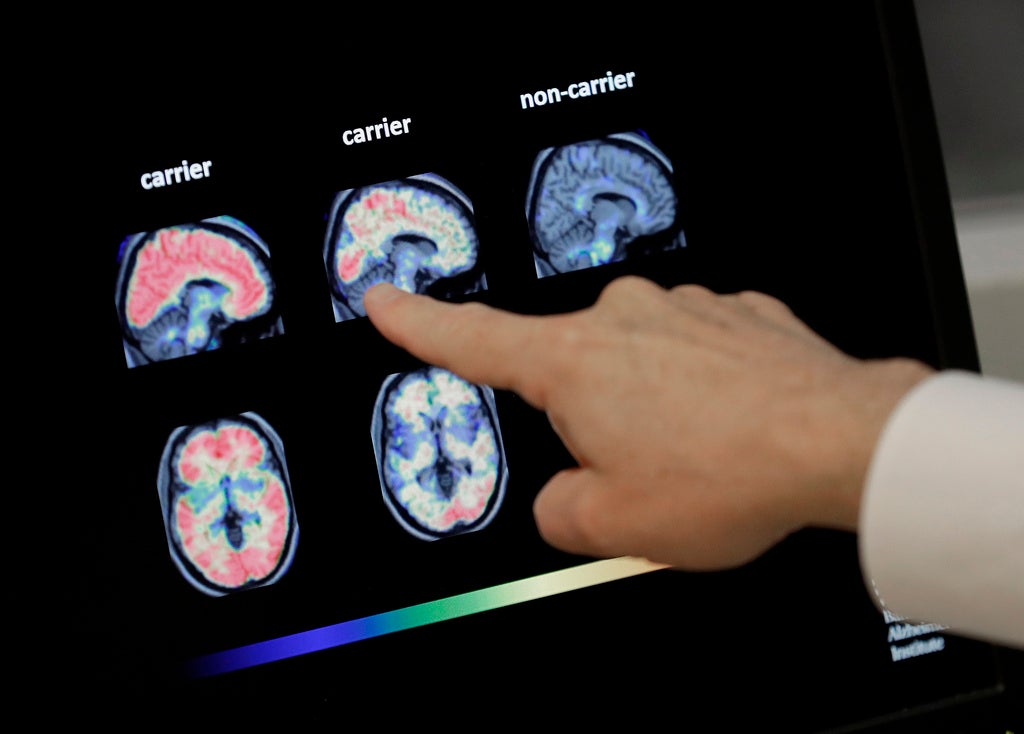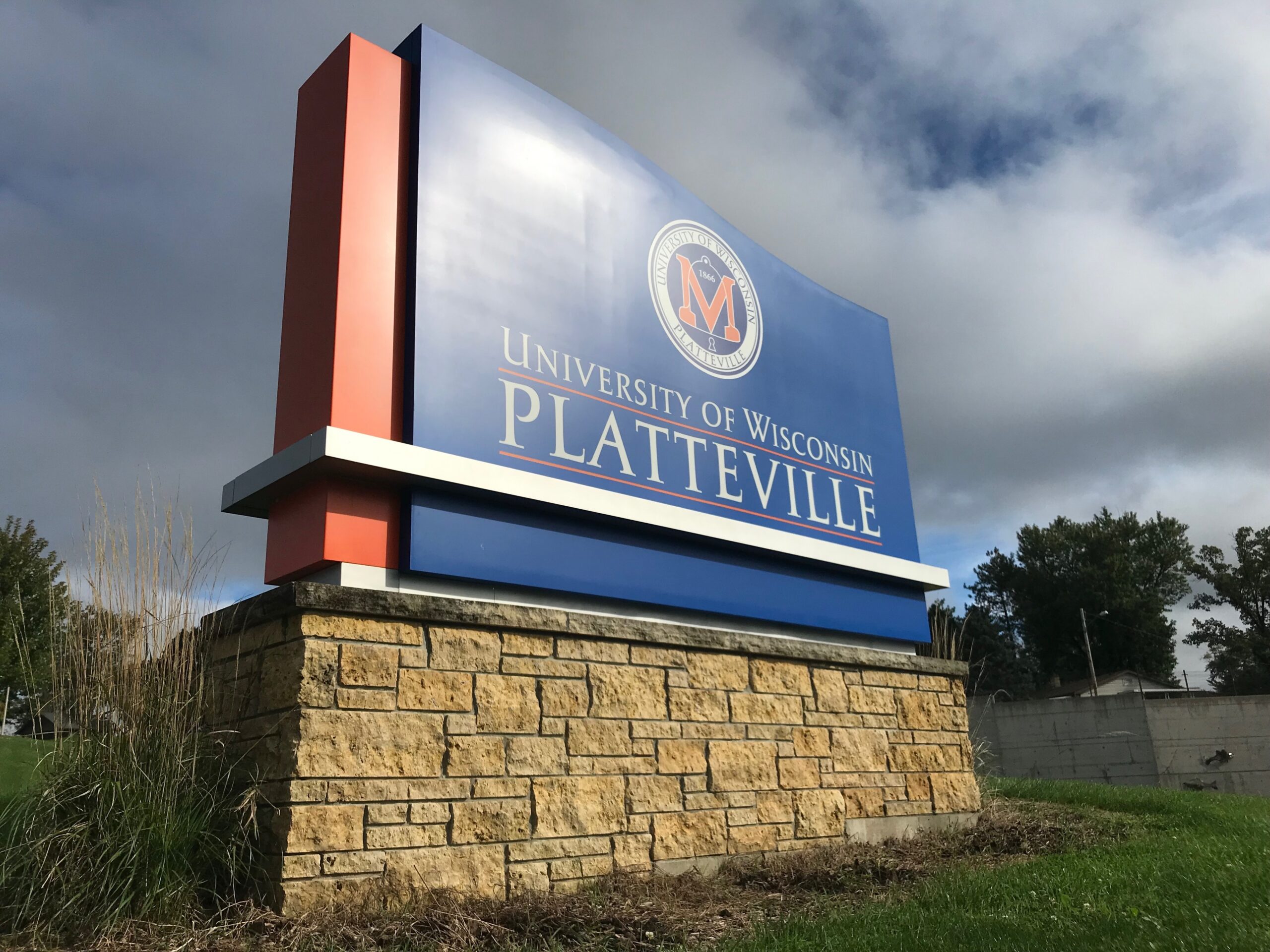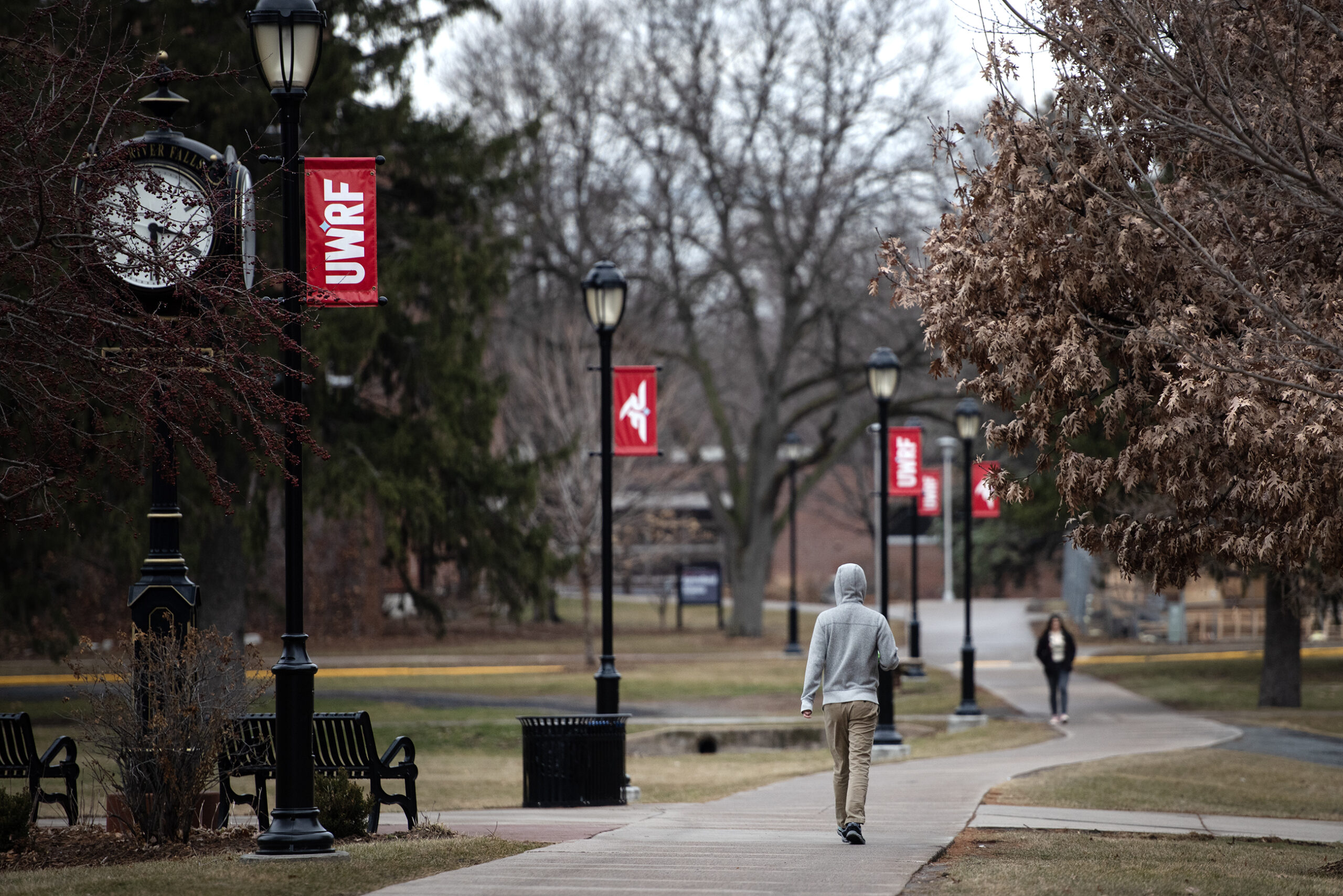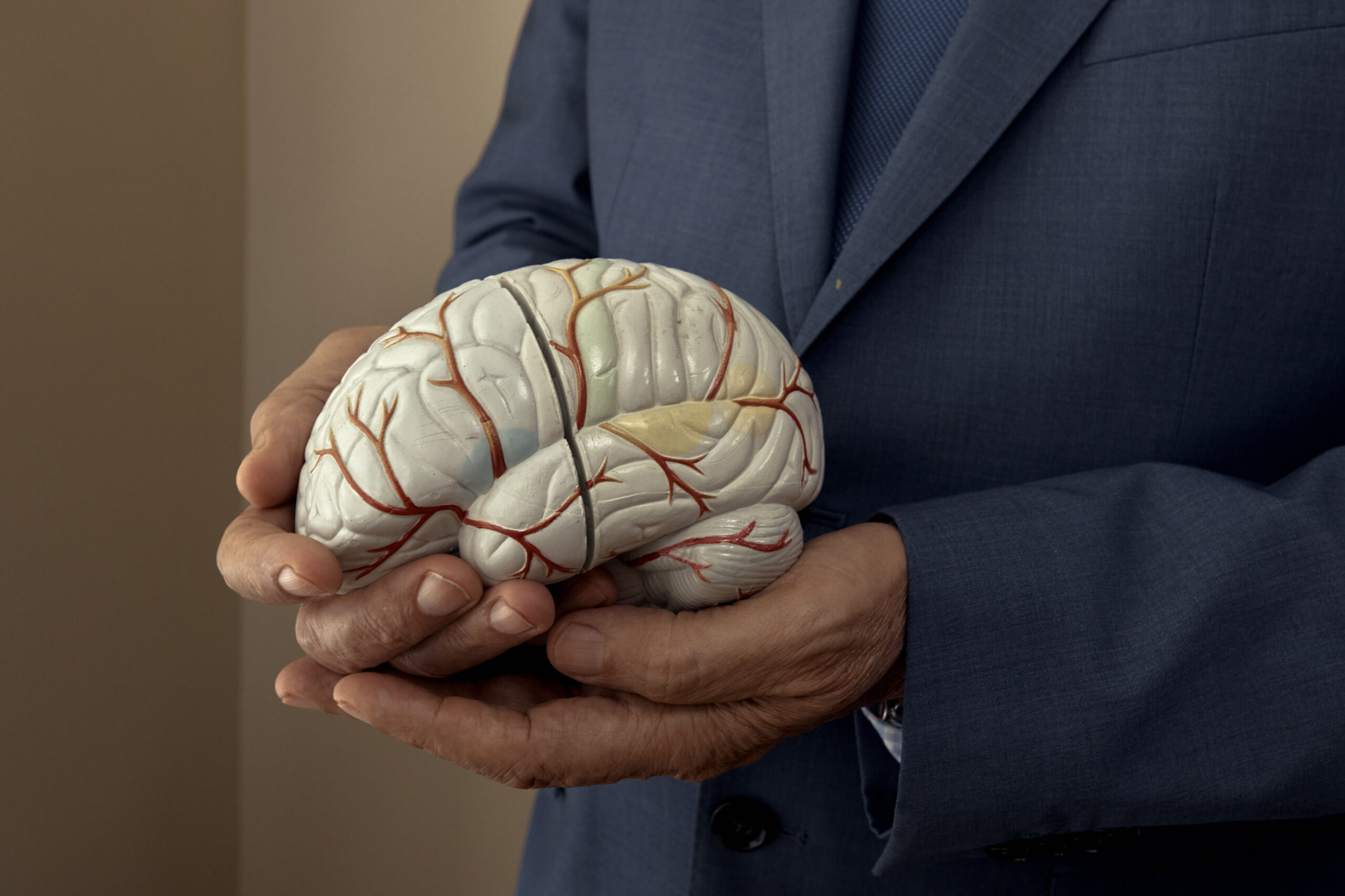Nancy Gomez knows the need for mental health services existed before the pandemic and has since only grown. But, especially for the Latino community, she said it all comes down to access.
She wants people to get the help they need, but what if they don’t speak English? What if they’re ashamed of their needs? What if they have trouble with transportation or insurance?
Gomez is a psychotherapist for Anesis Therapy in Madison and director for Salud Mental, a program that provides culturally relevant training and bilingual clinicians to break down barriers around mental health in the Latino community.
News with a little more humanity
WPR’s “Wisconsin Today” newsletter keeps you connected to the state you love without feeling overwhelmed. No paywall. No agenda. No corporate filter.
Compared to the national average of 45 percent, only about 34 percent of Hispanic/Latinx adults receive treatment for their mental illness each year, according to NAMI, the National Alliance on Mental Illness.
Gomez said her Latino clients don’t always feel like there is space for them in the mental health sphere. She joined WPR’s “The Morning Show” on Friday to discuss what barriers are in place, how her program can address those and how group-oriented services can, in particular, help make members of the Latino community feel more welcome.
The following interview was edited for brevity and clarity.
Kate Archer Kent: What obstacles do Latinos face in seeking mental health services?
Nancy Gomez: Right now with the pandemic, and even before the pandemic, people’s need for mental health services was so large. So, when the pandemic hit, that just intensified. However, the big barriers are language, the financial pieces, the insurance piece and also transportation. The last piece is there are not a lot of clinicians who are bilingual. Overall, it is about accessibility of resources for that population.
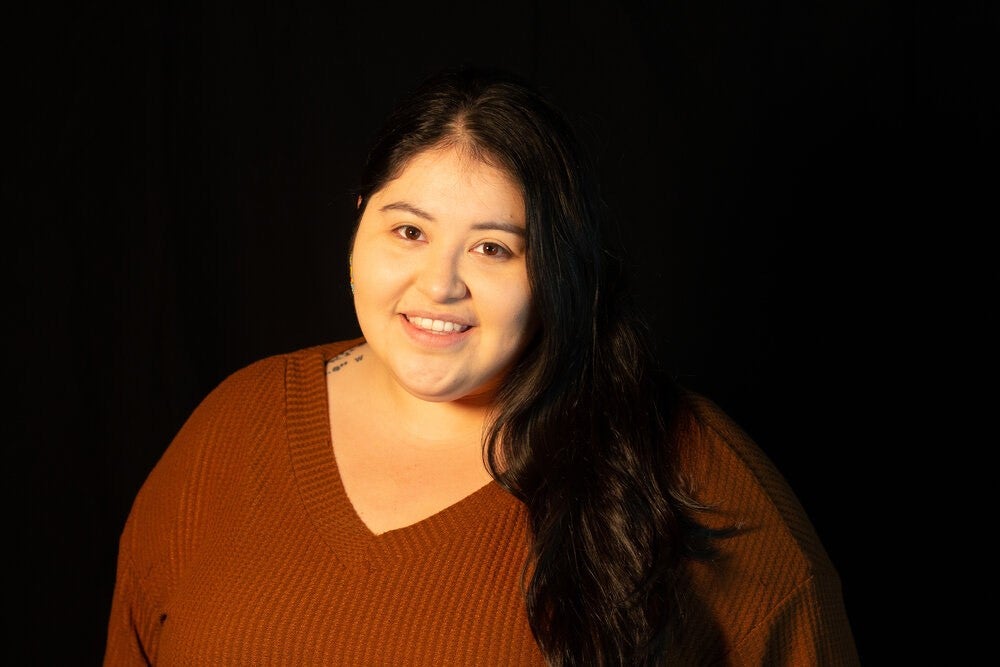
KAK: How is your program, Salud Mental, addressing those obstacles?
NG: (We are) destigmatizing mental health all across the board. Any chance we get, we sit down in schools, talking from elementary school all the way to parents about mental health.
Within the cultural piece of it, (we are) providing that understanding or that information in a cultural lens … The name Salud Mental itself means mental health in Spanish because we wanted to be very transparent. That’s one of the big pieces. And the other one is just providing the support for clinicians to feel comfortable practicing in Spanish.
KAK: Your clinic has six bilingual therapists on staff. What can happen when someone who speaks Spanish seeks counseling?
NG: When an individual seeks mental health services in Spanish, oftentimes they’re met with a translator, and sometimes those translators are not fully able to provide that cultural component. So, then they’re often left with confusion of, “I’m not sure if you’re able to really understand me.” And then they stay away from mental health resources. Knowing how difficult it is already to seek that mental health piece because we have been conditioned not to speak about things that might be difficult. Rather, just kind of endure it. So then within our staff, it is providing the parallel support for clinicians themselves so that they can provide that care to their clients and to the community overall.
READ MORE: Anesis Therapy partnered with local churches to offer free drop-in clinics in Madison
Caller question: How can the county help with retaining bilingual mental health providers?
NG: What we’re seeing is clinicians that come here (and) are practicing, get certified, and then they leave the Wisconsin area or Dane County for other opportunities. And the big piece here is just providing the resources and the support for bilingual clinicians to stay. So, that means retaining them with supports. That means retaining them with incentives, similar to other programs like social work, where they’re able to get the support (such as) payment for their schooling or even increasing their payment just because clinicians (who) are able to speak two languages are able to work in two different communities.
KAK: What impact is there when someone has a clinician who comes from a similar background as them?
NG: Huge. I bring this up to some of the clinicians that are starting off here at Anesis. Just by simply existing in that space and you have that shared identity without having to explain anything … it’s huge in the sense that a lot of my clients who are starting mental health work, they didn’t know that there was a space for them here. That’s what was often said. Even with the adults or the parents that I work with, they didn’t know that they were even welcomed in the spaces around mental health.
KAK: What does success look like for Salud Mental?
NG: We’re constantly working on providing more trainings, not only for clinicians, but overall (for) the community. These are trainings that other clinicians from other agencies are able to come and understand how to provide that culturally appropriate lens when seeing clients of this population and groups for parents or teens. We have so many visions on what we’re wanting to do. It is just more (about) capacity. That’s the big picture of having a consistent, stable, sustainable, ongoing program for the Dane County area.
KAK: How can support groups break down stigmas in this area?
NG: Anesis is running different groups throughout the summer. Right now, we’re having a group for African American mothers. We are wanting to do that same thing but in Spanish. So, that means parenting groups in Spanish, substance-use treatment groups in Spanish, as well as right now we’re going to be launching a teens art group in Spanish. So, especially for those (who are) looking for summer activities, having a space where they know that they’re able to have all their identities be supported.
KAK: Can groups help people open up?
NG: Within the Latino population, we are very much a community-inspired population. So, us wanting to provide that group setting is to further build community and having mental health be further destigmatized and having it be something that’s really celebrated and talked about.
KAK: How do you work beyond shame around mental illness in your community?
NG: That is huge, actually. I was just in a community event a couple of weeks ago and (I saw) a lot of resistance. “I should be fine. Everything should be OK. If I just really, really want this to work, then I should be OK.” It’s just meeting clients where they’re at and validating that they have these beliefs. This has helped them to get to a certain point, and it’s no longer serving them. It’s really joining them where they’re at, being there and providing them the resources for when they’re ready and not so much rushing the process.
If you or someone you know is considering suicide, call the suicide prevention lifeline at 1-800-273-8255 or text “Hopeline” to 741741.
Wisconsin Public Radio, © Copyright 2026, Board of Regents of the University of Wisconsin System and Wisconsin Educational Communications Board.




